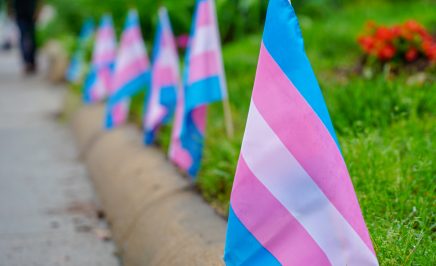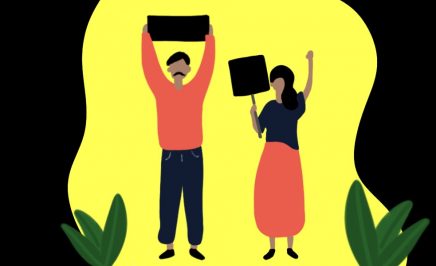On 16 July, 19-year-old Malak al-Kashef was finally freed from prison in Egypt. Malak al-Kashef, a transgender woman, was arbitrarily detained for over 4 months in the all-male Mazra’at Tora prison.
What happened?
National Security Agency officers raided Malak’s home in Giza, Egypt on 6 March 2019. It was four days later that her family learned she had been taken to an undisclosed location. She did not have a lawyer present.
Authorities ignored official medical documents that state she is undergoing gender affirming surgery and put Malak in an all-male detention facility. Malak is a human rights defender known for her outspokenness on LGBTI rights in Egypt. She became known in 2017 for publicly documenting her transition on social media.
Malak’s arrest appeared related to her calls for peaceful protests following a major train crash in Cairo’s central train station on 27 February that killed at least 25 people. She was held on trumped-up charges of ‘aiding a terrorist organisation’ and ‘misusing social media to commit a crime punishable by law.’
Egypt’s persecution of human rights
In 2019, Egyptian authorities have launched the biggest crackdown under President Abdel Fattah al-Sisi’s rule, rounding up more than 2,300 people – at least 111 of them children. The authorities have carried out sweeping arrests of hundreds of peaceful protesters as well as carrying out more targeted arbitrary arrests of human rights lawyers, journalists, political activists and politicians.
In recent years, Egypt’s authorities have waged a sinister campaign targeting LGBTI people, carrying out dozens of arrests and forced anal examinations, blatantly violating human rights.
The authorities in Egypt often arrest and prosecute LGBTQI individuals on the basis of their real or perceived sexual orientation and gender identity. In 2018 Egyptian authorities arrested 32 people after a rainbow flag was displayed at a Mashrou’ Leila concert in Cairo. The Public Prosecutor also announced an investigation into the rainbow flag “incident.” The authorities also arrested several men and accused them of “public indecency” and “habitual debauchery” in 2018.
How did Amnesty respond?
Amnesty supporters around the world took action, including almost 15,000 people in Australia who signed an online petition calling on the Egyptian government to release Malak. Australian LGBTQI networks wrote letters calling for her release.
What next?
“No one should be punished for expressing solidarity with LGBTI individuals or based on their perceived sexual orientation.”
Najia Bounaim, Campaigns Director for North Africa
Practices which discriminate against LGBTQI people and are blatant violations of human rights, including forced anal examinations and the arrest of LGBTQI individuals on the basis of their real or perceived sexual orientation and gender identity, must end.
The Egyptian authorities should also end the wave of mass arbitrary arrests and release all those who have been detained for peacefully exercising their right to freedom of expression and assembly.
Together, the Amnesty movement will continue to stand with LGBTQI rights defenders and peaceful protesters in Egypt, who are simply demanding their rights.




